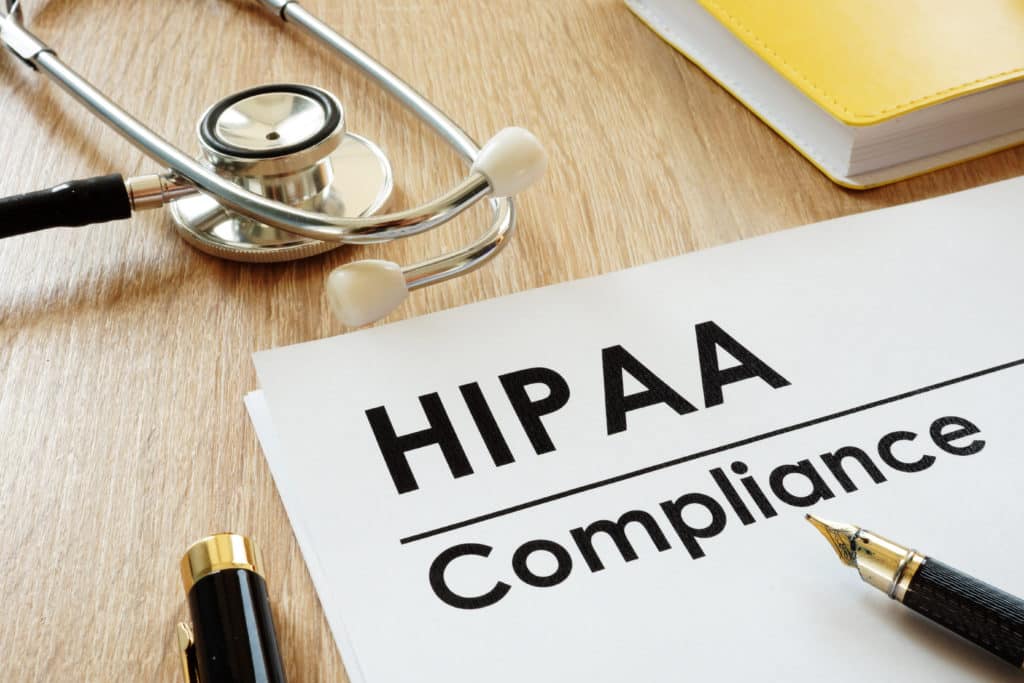Healthcare professionals have always had an ethical duty to respect the privacy of their clients. For several decades, this ethical rule has been enforced in the United States by the federal government, chiefly by HIPAA (the Health Insurance Portability and Accountability Act). The consequences of violating HIPAA’s mandates go far beyond a breach of trust between you and your clients. In fact, severe violations could cost your facility up to $250,000 at a time. Due to the serious nature of the issue, your staff should regularly review confidentiality standards and how to securely manage medical records.
Maintaining the confidentiality of medical records – HIPAA’s fundamental concepts
Though specific laws included under HIPAA’s oversight are varied and complex, the fundamental concepts are easy to grasp. In essence, HIPAA aims to place limits on how personal health information (PHI) is collected, stored, and shared.
-
HIPAA privacy rules
Healthcare centers are required to respect the privacy of their clients PHI at all times. One basic privacy measure is to ensure that PHI is accessed only by healthcare professionals who are directly involved in that patient’s care. Though high-quality care requires a full picture of the patient’s health history, caregivers should also be careful to access only that information that is necessary to fulfill their job.
-
HIPAA security standards
As almost all PHI is stored digitally, it is more important than ever that hospitals and health centers implement rigorous security standards to protect sensitive medical records. Since fines for violations are generally tied to the degree of negligence on display, it’s crucial that electronic security measures be up to current standards.
Your organization’s communication methods are worth special attention, as human error (and even laziness) are at fault in most breaches of confidentiality. When care providers take shortcuts in sharing information – perhaps by using an unsecured personal email account – they put their patient’s PHI at risk.
-
Breach notification
If all safeguards fail and a data breach does occur, you are then responsible for promptly notifying all those affected. Since regulations vary based on many factors, your chief compliance officer should remain well-informed of all variables and respond rapidly to any potential breaches. In addition, some clinics are held to higher privacy standards (such as those with specialized substance abuse programs) and should take extra care in all HIPAA-related matters.
Compliance with HIPAA’s complex standards requires an expert leader with intricate knowledge of the system’s ins and outs. At UHC Solutions, we’re dedicated to building strong executive teams with specialized experience in healthcare management. To learn more about hiring solutions for your executive leadership needs, contact a consultant today.




